

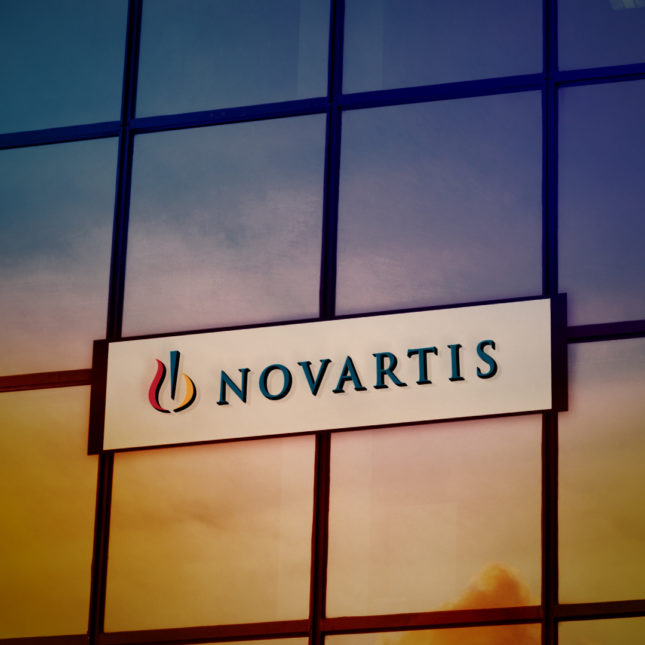
Swiss pharmaceutical company Novartis has filed a lawsuit against President Joe Biden's administration over a disagreement regarding the 340B Drug Discount Program. The company claims that the U.S. Health Resources and Services Administration interpreted a federal law wrongly, preventing Novartis from changing payment terms for participating hospitals. This move by Novartis could have significant repercussions on the negotiation process for the company's popular heart drug, Entresto, and its pricing under Medicare. Stay updated on market-moving news with TheFly and check out top-performing stocks on TipRanks.
Novartis Sues Biden Administration Over 340B Drug Discount Program
Swiss pharmaceutical giant Novartis has filed a lawsuit against the Biden administration over a disagreement regarding the 340B Drug Discount Program. The company claims that the U.S. Health Resources and Services Administration (HRSA) interpreted a federal law wrongly, preventing Novartis from changing payment terms for participating hospitals.
The 340B Drug Discount Program is a federal program that was established in 1992 to provide discounted prescription drugs to low-income and uninsured patients. Hospitals that participate in the program are required to pass along the discounts they receive from drug manufacturers to patients.
Novartis argues that the HRSA has misinterpreted the 340B law by requiring drug manufacturers to provide discounts to hospitals regardless of whether the drugs are actually used to treat low-income or uninsured patients. The company says that this interpretation of the law has led to "significant overpayments" to hospitals and that it has been forced to subsidize the program with its own profits.
The lawsuit could have significant repercussions on the negotiation process for Novartis's popular heart drug, Entresto. The drug is currently covered under Medicare Part D, and Novartis is seeking to change the payment terms for Entresto in order to increase its profits. The lawsuit could delay or prevent Novartis from making these changes, which could impact the price of Entresto for Medicare beneficiaries.
Background
The 340B Drug Discount Program was created as part of the Omnibus Budget Reconciliation Act of 1990. The program was originally designed to help hospitals that serve a disproportionate share of low-income and uninsured patients. The program has since been expanded to include a wider range of hospitals, including many that do not serve a disproportionate share of low-income and uninsured patients.
In 2010, the Affordable Care Act made significant changes to the 340B program. The changes included adding new eligibility requirements for hospitals and increasing the discounts that drug manufacturers are required to provide.
Top 5 FAQs
1. What is the 340B Drug Discount Program?
The 340B Drug Discount Program is a federal program that requires drug manufacturers to provide discounts to hospitals that serve a disproportionate share of low-income and uninsured patients. The program is designed to help these hospitals provide affordable prescription drugs to their patients.
2. What is Novartis's lawsuit about?
Novartis is suing the Biden administration over the HRSA's interpretation of the 340B law. Novartis argues that the HRSA is requiring drug manufacturers to provide discounts to hospitals regardless of whether the drugs are actually used to treat low-income or uninsured patients.
3. What could the lawsuit mean for Novartis?
The lawsuit could delay or prevent Novartis from making changes to the payment terms for its popular heart drug, Entresto. This could impact the price of Entresto for Medicare beneficiaries.
4. What could the lawsuit mean for the 340B program?
The lawsuit could have a significant impact on the 340B program. If Novartis is successful in its lawsuit, it could lead to changes in the way that the program is administered. This could make it more difficult for hospitals to participate in the program or could reduce the discounts that hospitals receive from drug manufacturers.
5. What is the future of the 340B program?
The future of the 340B program is uncertain. The program has been the subject of ongoing debate, with some stakeholders arguing that it is too costly and that it does not effectively target low-income and uninsured patients. However, the program remains popular with hospitals and patient advocates, and it is likely to continue to be a source of controversy in the years to come.
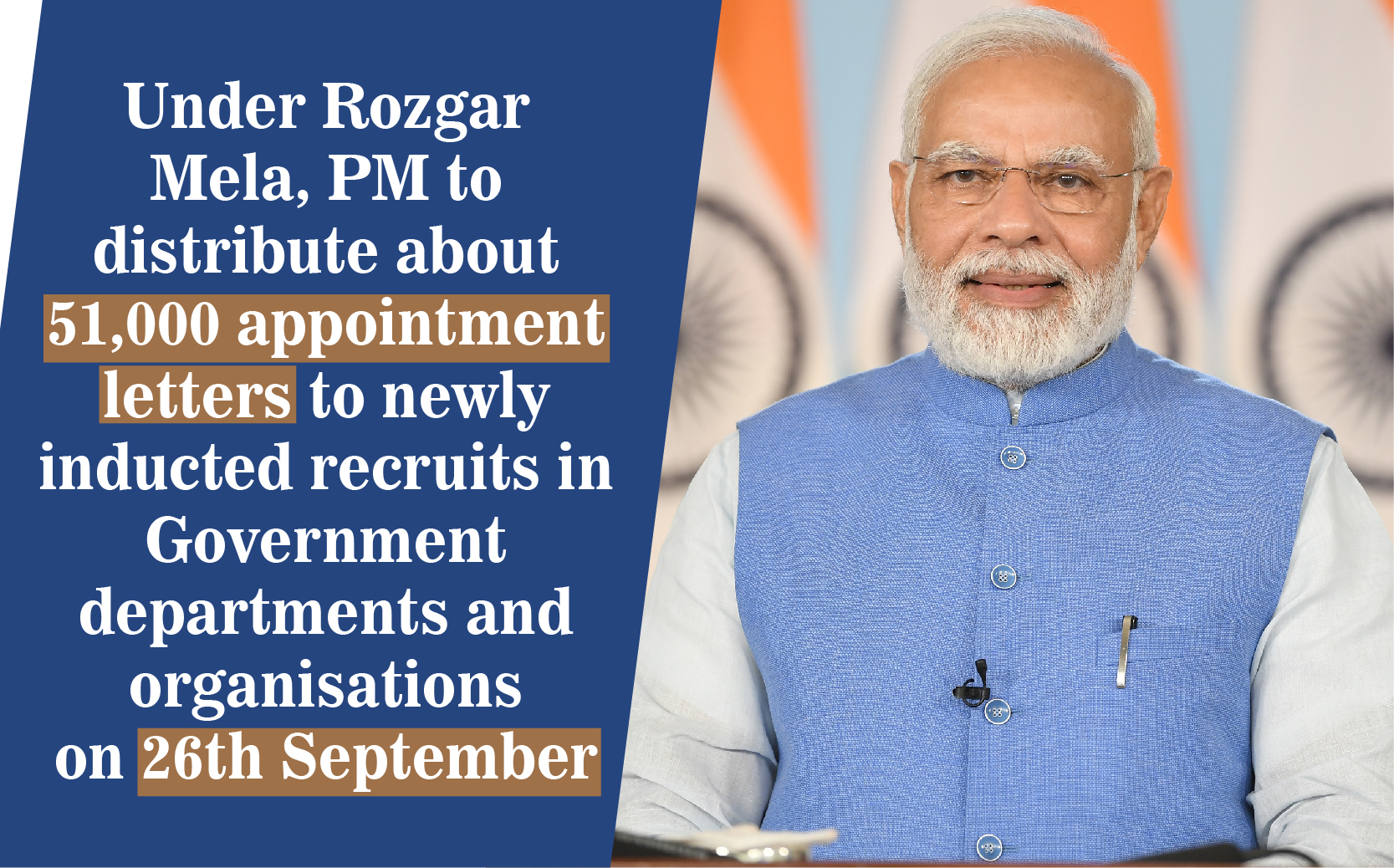
Indian Prime Minister Narendra Modi will be distributing more than 51,000 appointment letters to newly recruited youth through a virtual job fair in various government departments and organisations. This initiative, in its 15th edition, aims to provide meaningful employment opportunities for the country's youth and contribute to its progress. The recruitment drive, which has already offered over 10 lakh permanent government jobs since October 2022, highlights the government's commitment to tackling unemployment and empowering young individuals to participate in India's growth story. Additionally, the PM also highlighted India's partnership with 21 countries in improving migration and employment opportunities.

The Springfield Catholic Diocese's Bishop Thomas John Paprocki led a special Mass to honor the Sisters of St. Francis and celebrate the 100th anniversary of the founding of OSF HealthCare Saint Anthony's Health Center in Alton. The hospital, originally established as Saint Anthony's Infirmary, was the first Thuiner Franciscan house in the United States and has grown and adapted over the years while maintaining its founders' commitment to compassionate care. The hospital's Vice President of Operations and Special Projects credits the Sisters' determination and devotion to Christ's love for the hospital's success and continued impact on the community.
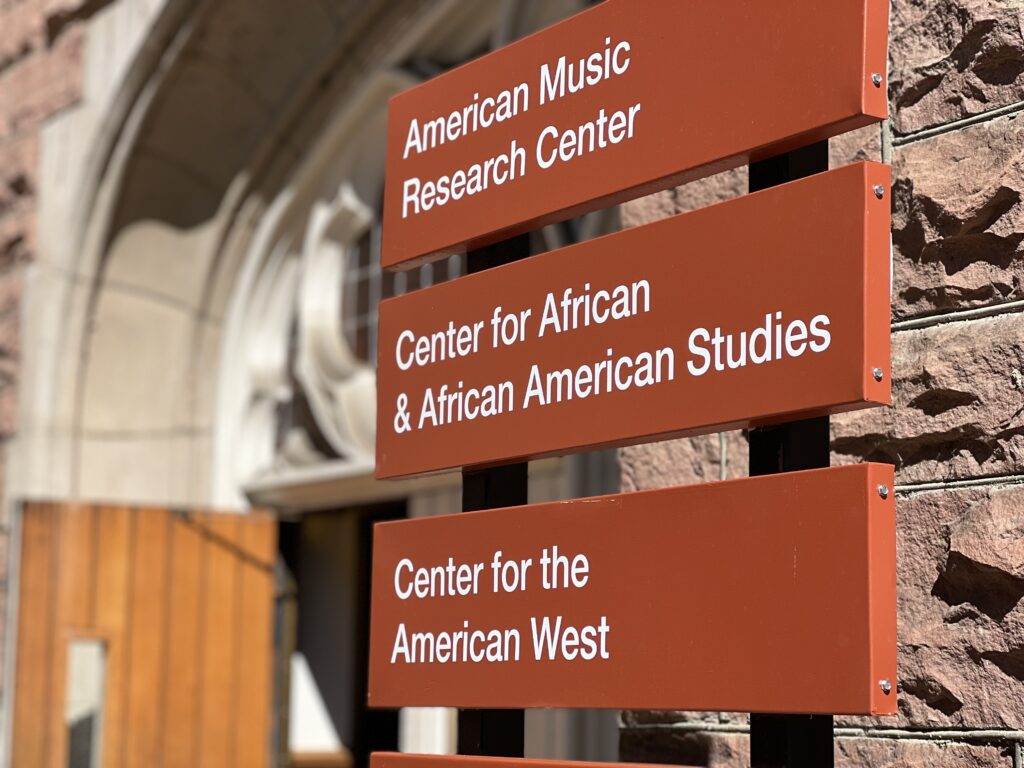
The Center for African and African American Studies at the University of Colorado Boulder is celebrating their recent receipt of a generous matching donation from Chancellor Philip P. DiStefano. With this support, the center aims to continue enriching the academic landscape and foster a sense of belonging for Africans, African Americans, and the African diaspora. Donations from individuals are greatly appreciated and will contribute to the center's growth and student opportunities. Interested in supporting the CAAAS? Contact Jazmin Brooks and join their Forever Buffs Black Alumni group or subscribe to their newsletter for updates.

In a recent podcast appearance, Ralph Lauren CEO Patrice Louvet shared his belief in a tough love approach to addressing serious issues at work. He emphasized the need for direct communication and not being afraid to use a "2X4 across the forehead" in critical situations. However, his comments have also sparked a debate on the effectiveness of this leadership style in today's modern workplace.

Tempest Advertising, a leading agency in purpose-driven creativity, has won the Gold Award in the Press Unreleased category at the 2025 IAA Olive Crown Awards for their striking campaign "Fast Fashion". Using AI technology, the campaign addresses the environmental impact of the fashion industry and calls for a shift towards more sustainable practices. With this win, Tempest solidifies its position as a leader in promoting responsible consumerism and guiding businesses towards a more sustainable future.
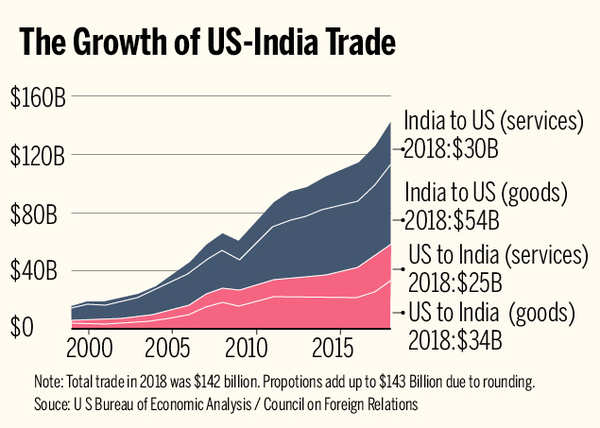
The highly anticipated bilateral trade agreement between India and the US is close to reaching a successful conclusion, according to US Treasury Secretary Scott Bessent. This deal would allow India to avoid the 26% reciprocal tariffs and increase trade to $500 billion by 2030. Negotiators from both countries are currently meeting in Washington to finalize the terms of the agreement, which is expected to be concluded by the fall of this year. With both sides eager to reach an agreement before the July tariff deadline, this deal has the potential to greatly benefit both nations' economies.

In a recent podcast interview, Ralph Lauren CEO Patrice Louvet discussed the delicate topic of giving criticism in the workplace. Louvet stressed the importance of addressing issues sooner rather than later, and how it can ultimately benefit both businesses and individual careers. He recognizes the difficulty in giving feedback, but advises a direct and honest approach in tackling major issues. However, for minor concerns, Louvet suggests focusing on employee strengths and gradually addressing weaknesses.

Suprabhat Mandal, a student from West Bengal, recently made headlines after successfully securing a position in three different banking exams. After a year of dedicated preparation, Mandal used the ADDA247 Bank Mahapack to help him learn from the basics to harder questions. Now, he is encouraging other successful candidates to share their stories and inspire others to never give up on their dreams.
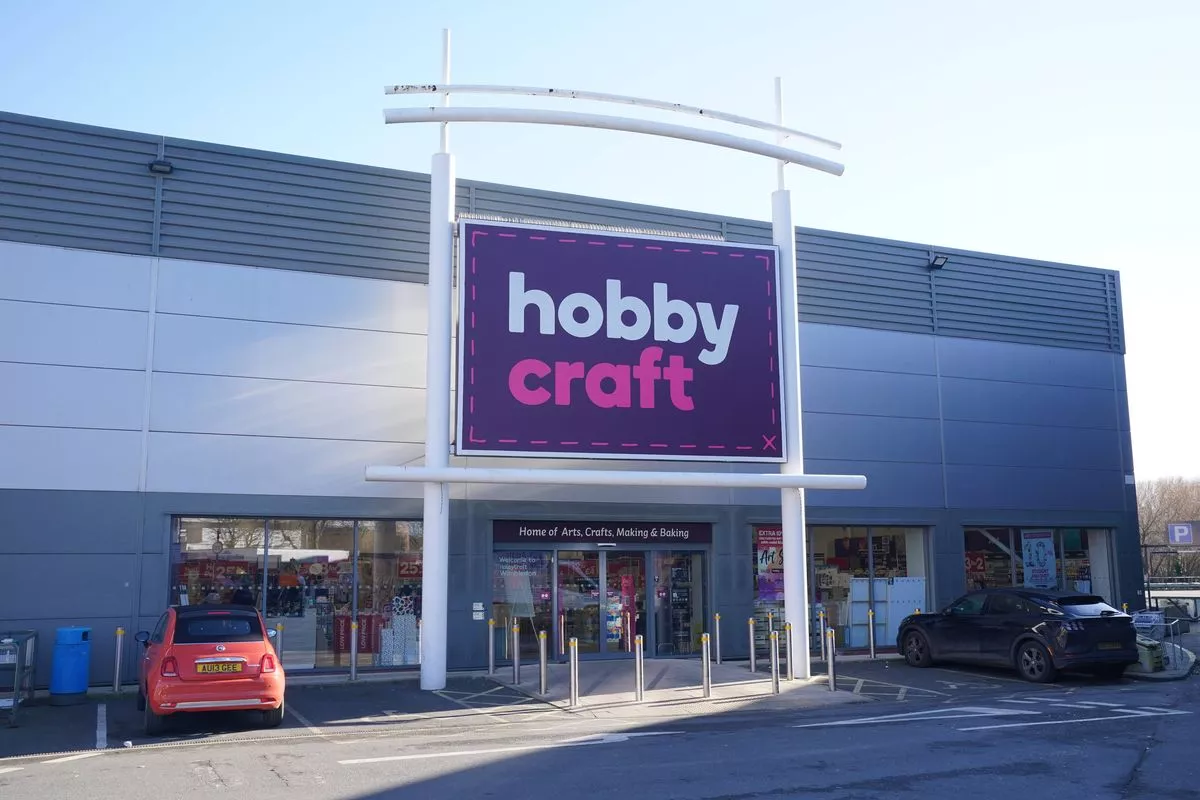
British arts and crafts retailer Hobbycraft is undergoing a major restructuring of its retail operations under the ownership of private equity firm Modella Capital. While nine stores are set to close, including 72-126 jobs losses, the fate of other branches is still being reviewed. The company's CEO cited challenges faced by the retail sector as the reason for this necessary action.

In a move to boost economic ties between the two countries, US Vice-President JD Vance announced that America and India have finalized terms for a trade deal. This comes amid rising concerns over the impact of President Trump's reciprocal tariffs. Speaking at an event in Jaipur, Mr Vance emphasized the need for fair and mutually beneficial trade partnerships with countries that value labor rights and promote balanced, open, and stable global trade.